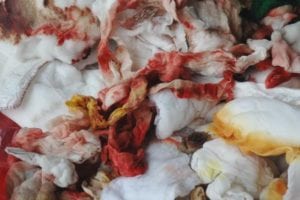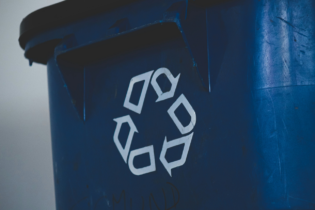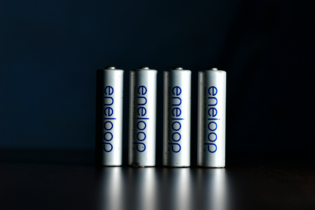Shocking illegal disposal statistics calls for urgent paradigm shift
Waste management in developing countries performs poorly and the disposal issues surrounding South Africa’s medical waste industry is no exception. The one reason why waste management remains problematic is a lack of understanding of the root causes underlying its failures, as well as a too narrow definition of what waste management actually entails. The result: rural areas in South Africa are usually left to bear the grunt of disposal negligence. Statistics from law enforcement authorities confirm that two-thirds of South African medical waste disposal companies have faced charges of illegal behaviour. To give an example of the large volumes of medical waste generated in the country by health care providers, Wentworth Hospital is a district-level hospital in Durban that dispenses about 5 000 insulin pensets monthly, each with a needle, to diabetic patients.Enter the T2 medical waste disposer, the latest in on-site medical waste disposal systems. Developed by NCG founder and medic Dr Hugo Tempelman and engineer Tim Simons, CEO of Ultrafurn, the unit incinerates medical waste in batches of 15 kg and runs in a four-hour cycle with only 30 kW/h per burn cycle. This conforms to the DEA’s National Environmental Management Air Quality Act 2009. The system also ensures that toxic substances such as dioxin is destroyed and only a white plume of smoke is released into the atmosphere.
Due to its compact design, the T2 can even be installed at clinics to enable the disposal of medical waste onsite, thereby avoiding all the unnecessary costs, collection, transportation and other off-site disposal-relatedissues. Maintenance on the T2 is kept to an absolute minimum and the unit can run daily for two years, with no need for repairs.Medical waste that is easily disposed of in the unit includes nappies, placentas, bandages, swabs, blood and gloves. Although the disposal of needles and sharps in the T2 is yet to be investigated, the overall benefits of cost savings, proper disposal and cleaner environments certainly adds up to increased benefits.






